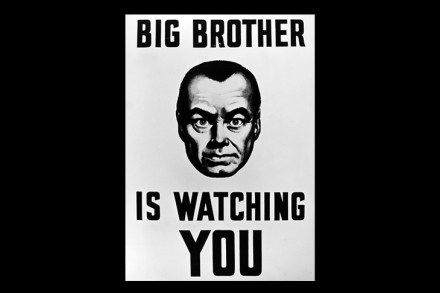Distress signals
It’s an increasingly common lament that computers have ruined everything, and a longing for the days before Google and Twitter, when everything was somehow more organic and authentic, is on the rise. As someone who can remember writing early reviews on an electric typewriter and then going to the library to fax them to a literary journal, I’m partial to this kind of unplugged nostalgia myself. But it can get out of hand. So it does in this book — ambitiously titled to evoke John Berger’s classic of art criticism, Ways of Seeing — which explains that computers have wrecked music along with everything else. Early on, Damon Krukowski rails against




















